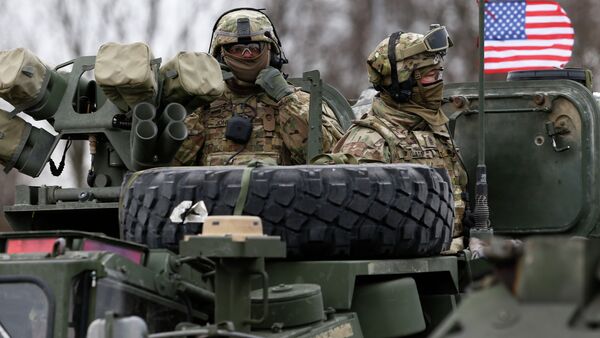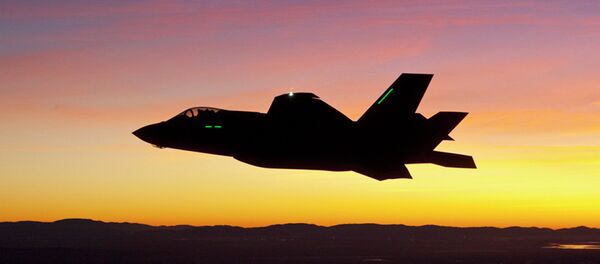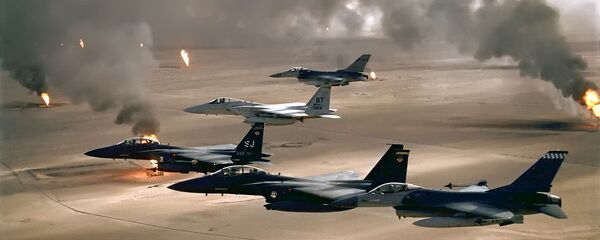"America's military is dangerously weak and unprepared today, and it's not getting better," John Sullivan and Justin T. Johnson wrote for the National Interest. This dire state, they argue, is true for the US Army, Air Force, Marines and the Navy.
Senior US military officials don't disagree, pointing to the rapidly changing global environment, the technological developments made by other countries and their reduced budget as key issues.

Murphy and Milley maintain that "less than one third of Army forces are at acceptable readiness levels to conduct sustained ground combat in a full spectrum environment against a highly lethal hybrid threat or near-peer adversary." This is how US military officials refer to Russia and China.
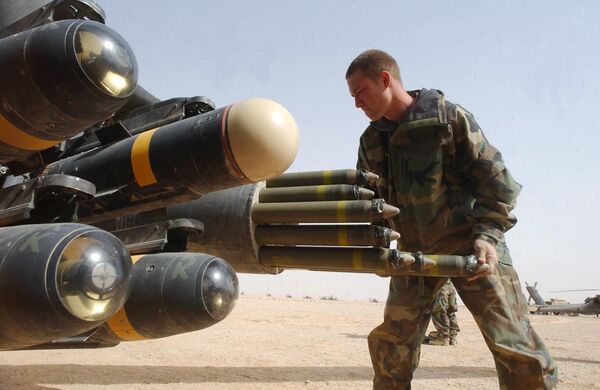
The US Air Force appears to be facing similar challenges. "Less than 50 percent of our Air Force is ready for full-spectrum operations," USAF Vice Chief of Staff Gen. David Goldfein recently revealed. If this does not look bad enough, consider this: the USAF's current readiness level marks a 30-percent reduction since Operation Desert Storm, the 1991 US war against Iraq.
America's "enemies and potential adversaries have not stood idle," Gen. Robert B. Neller, the 37th Commandant of the Marine Corps. "They have developed new capabilities which now equal or in some cases exceed our own."
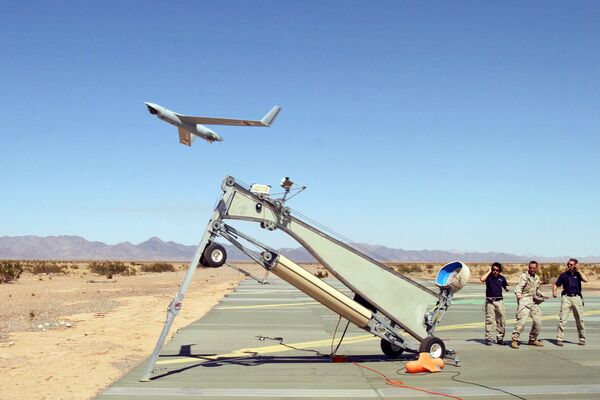
The defense budget has featured prominently during the primaries, with the majority of candidates supporting increased defense spending. However, a recently released study has found that the majority of Americans support defense budget cuts.
